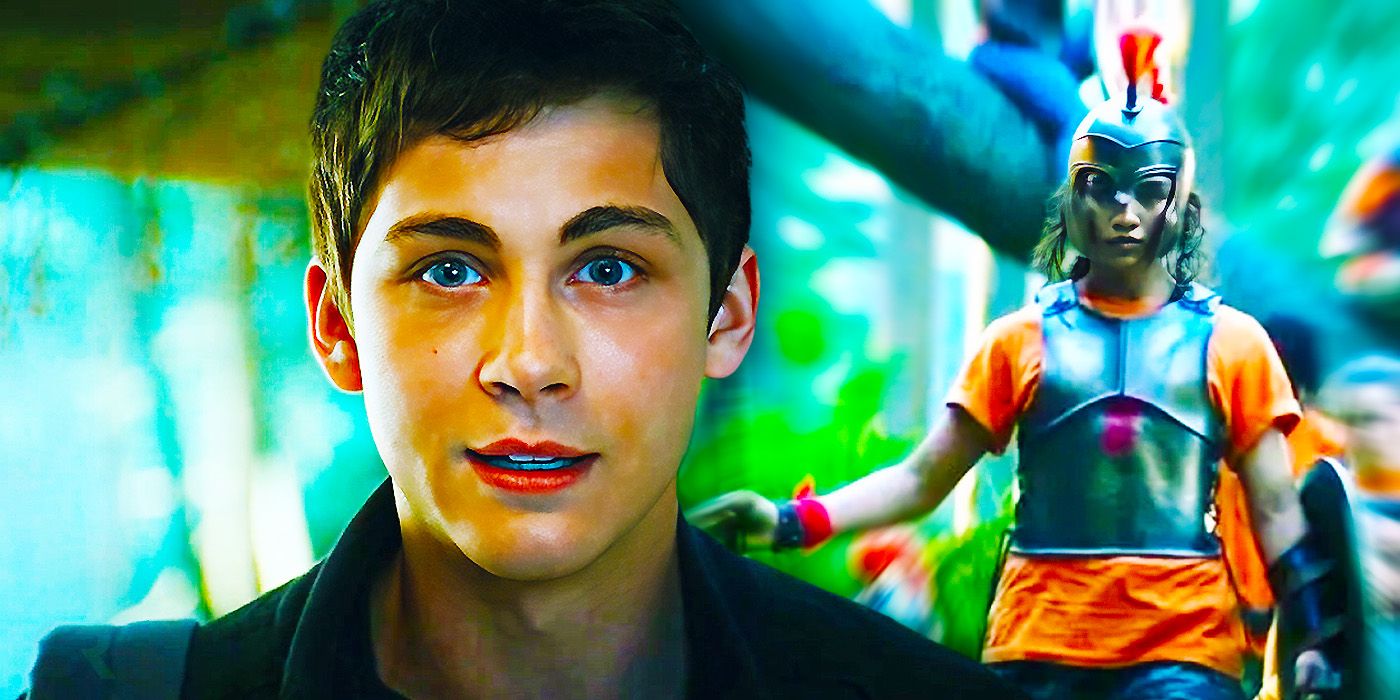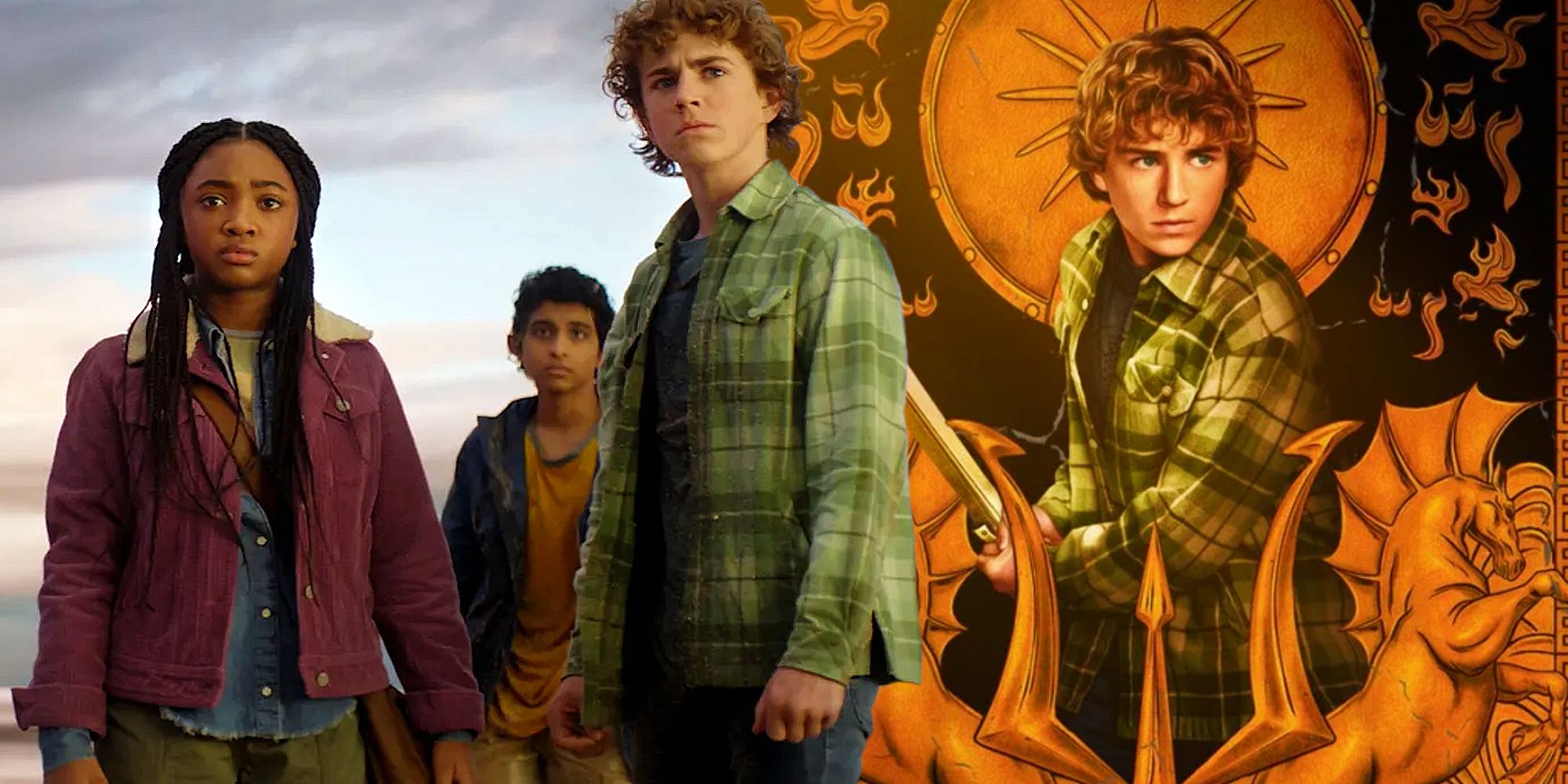
Percy Jackson and the Olympians: Exploring the Differences Between the TV Show and the Books

The TV adaptation of Rick Riordan's Percy Jackson and the Olympians series has made some small changes from the source material. Let's delve into the reasons behind these alterations and how they contribute to the show's unique storytelling.
Understanding the Medium: Books vs. TV Series
Percy Jackson and the Olympians showrunner Jon Steinberg has shed light on the small changes made to the TV series in comparison to the books. The show remains a faithful adaptation of Rick Riordan's novel series, preserving the major events from the books while incorporating additional scenes and details in different places. These alterations have, in turn, resulted in certain aspects of the show differing from the source material.
Percy Jackson holding the master bolt in the show's poster between Grover and Echidna
In an interview with The Direct, Steinberg discussed the reasons behind the differences in the TV adaptation. He emphasized the differences in storytelling between the mediums of books and television, highlighting Riordan's approach to the show as a 'second draft' of the original material. Steinberg stated that the adaptation process involves transforming the elements from the book into a form suitable for the screen, sometimes involving changes in sequencing, causation, and the execution of key scenes.
Steinberg also noted that some of the changes were driven by the opportunity for Riordan to revisit and refine certain elements that he had written over two decades ago. This fresh perspective allowed for exciting new developments in the TV adaptation, enhancing the storytelling and characters for both existing fans and new audiences.
Adding Depth and Detail to the TV Series
The television adaptation of Riordan's book series has introduced additional details and scenes that were not present in the original book, 'The Lightning Thief,' which was published in 2005. One significant change is the early exploration of Grover's story, with the latest episode hinting at his connection to Pan. Furthermore, the inclusion of extra scenes has contributed to a more profound understanding of the characters in Percy Jackson, establishing stronger connections with the audience.
These subtle adjustments have expanded the source material, enriching the narrative and making it suitable for the visual medium of television. This approach stands in stark contrast to the 2010 film adaptation, which deviated significantly from the original story and received a mixed reception. By embracing the core story while incorporating minor modifications, the TV series has successfully established its own identity while remaining faithful to the books.
With only four episodes remaining in the current season of Percy Jackson and the Olympians, it is anticipated that the adaptation of 'The Lightning Thief' will continue to maintain its faithfulness to the source material. While minor alterations may occur, the fundamental storyline is expected to remain unchanged. The extent of these changes will only become evident as more episodes of the show are released.
Looking Ahead: The Future of Percy Jackson and the Olympians
As Percy Jackson and the Olympians unveils new episodes on Disney+ every Tuesday, the series is poised to captivate audiences with its faithful yet creatively reimagined storytelling. The upcoming episodes are set to continue the adaptation of 'The Lightning Thief' in a manner that honors the original narrative while infusing it with new dimensions for viewers to explore.
The show's commitment to preserving the essence of Riordan's beloved series while adapting it for television serves as a testament to the enduring appeal of the Percy Jackson universe. With each episode, the audience can anticipate an engaging blend of familiar elements from the books and the innovative storytelling approach of the TV series.














